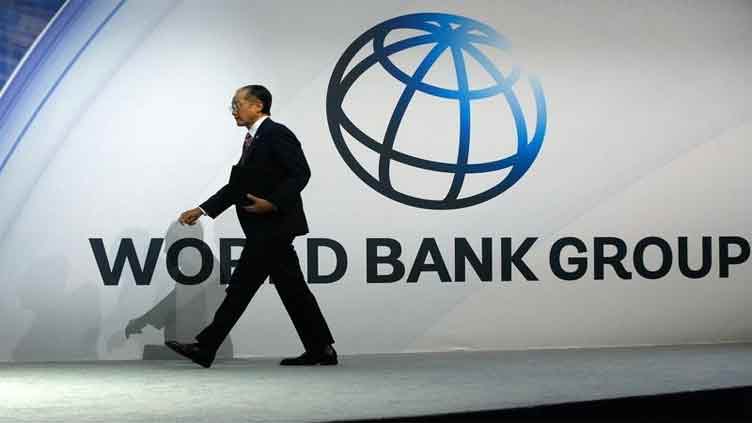World Bank approves $1bn for Dasu Hydropower Project

Business
Initiative to help achieving green energy transition and lowering electricity tariffs
Initiative to help achieving green energy transition and lowering electricity tariffs
Pakistan will save around $1.8bn annually by reducing fossil fuel imports for power generation
WASHINGTON (Web Desk) — In a major development just before the presentation of next fiscal year budget, the World Bank on Monday approved $1 billion in a second round of additional financing for the Dasu Hydropower Project (DHP) Phase I.
The approval came as the World Bank Board of Executive Directors met in Washington – as one of the Bretton Woods Institutions said the “financing will support the expansion of hydropower electricity supply, improve access to socioeconomic services for local communities.”
Moreover, it will also help build the Water and Power Development Authority (Wapda) capacity to prepare future hydropower projects.
“Pakistan’s energy sector suffers from multiple challenges to achieving affordable, reliable, and sustainable energy,” said Najy Benhassine, World Bank Country Director for Pakistan.
He described the project site as one of the best in the world and a game changer for Pakistan’s energy sector. With “a very small footprint”, the hydropower project will contribute to ‘greening’ the energy sector and lowering the cost of electricity, Benhassine added.
The points raised by the World Bank about green energy and sustainable energy are very important given the fact that Pakistan is one of the worst affected countries by global warming or climate change.
A run-of-river project on the Indus River about 8 km from the Dasu town, which is the headquarters of the Upper Kohistan district in Khyber Pakhtunkhwa, it will have an installed capacity of 4,320–5,400 MW after the completion of the two phases.
Similarly, Rikard Liden, who is the task team leader for the project, it is essential to reversing dependence on fossil fuels and reach 60 per cent renewable energy by 2031.
“The second additional financing will facilitate the expansion of electricity supply and potentially save Pakistan an estimated $1.8bn annually by replacing imported fuels, and offset around 5 million tonnes of carbon dioxide. The annual economic return of DHP-I is estimated to be around 28pc.”


